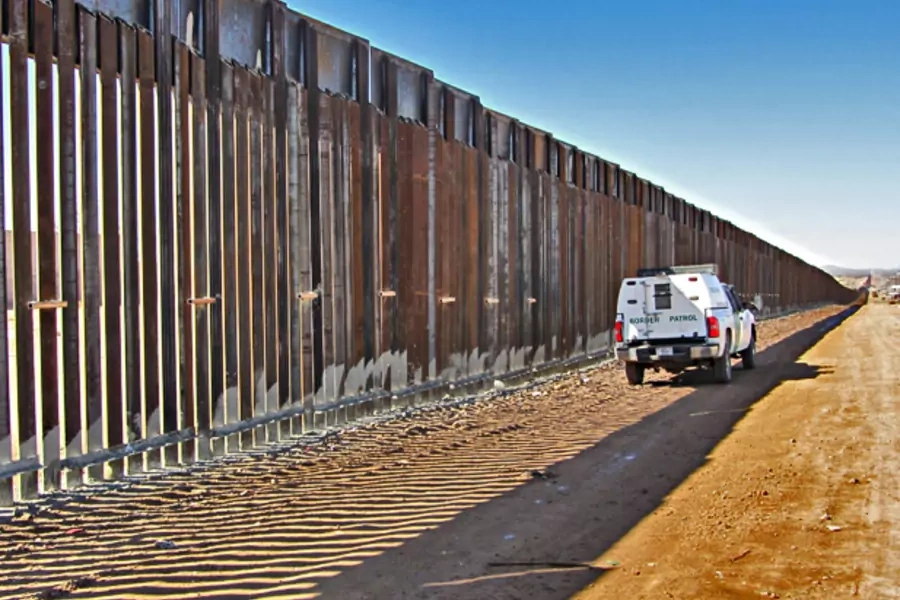Interview: Parsing U.S. Immigration Reform

More on:
The Supreme Court is preparing to hear arguments on Arizona's controversial immigration law, which will have a significant impact on the national debate. Meanwhile, the Obama administration has been taking steps to loosen procedures for undocumented immigrants with U.S. citizen relatives (PDF) while conducting broad nationwide sweeps of undocumented immigrants with criminal backgrounds.
In the following CFR.org interview, CFR's Senior Fellow Edward Alden says President Obama "has been very determined to maintain the tough enforcement stance that was established in the second term of the Bush administration," despite criticism from within his administration. Alden says that the issues of encouraging legal, skilled immigration and enacting enforcement policies for illegal immigration are "intimately connected," but says that in light of Washington politics, comprehensive reform will likely be put on hold in favor of narrower, more targeted legislation.
In January, the Obama administration announced procedural changes for "unlawful presence waivers." Can you give some background on this?
This is an administrative change that tries to address a long-existing Catch-22 in U.S. immigration law. It dates back to an act passed by Congress in 1996. The problem is this: you have people living in the United States unlawfully, who have a right to stay--they have married a U.S. citizen, or they have some other claim to adjust their status to be able to remain in the United States permanently. The way existing law operates, in order to apply for that change of status, you have to return to your home country and make the application at a U.S. embassy or consulate abroad. But under the 1996 act, if you have been living in the United States illegally for a significant period of time, you are thereby automatically barred from returning to the United States for periods of as long as ten years, and in most cases, at least five years. Therefore, say you're a Mexican undocumented immigrant with a legal claim to remain in the United States; you go back to Mexico to file the application. At that point, the five- or ten-year bar immediately kicks in, and then you have to apply for the U.S. government to waive that statutory bar that keeps you out of the country, and it can take years for those waivers to be processed.
What the Obama administration is doing is making a fairly small change that says if you're an individual who has a legal case to remain in the United States, you can apply for that adjustment of status while you remain in the country, and you can apply for the waiver from that five- or ten-year bar. That means that in theory, when you finally have to go back to your country to finalize the change of status, it will be a fairly brief stay out of the United States, rather than an extended period of years, as it is under the current procedures.
How profound an impact will this change have?
The numbers aren't clear. It is suggested that maybe there are as many as a million individuals out of the estimated undocumented population of ten to eleven [million] who might potentially benefit from this waiver. There are critics on the Hill and elsewhere that are saying that this is "backdoor amnesty," and I think that is a misreading of what's been done. No individuals will be eligible for legalization under this provision who aren't already eligible. It's only people who have a legitimate claim under current U.S. immigration law to remain in the country legally. It's essentially a humane change to try to reduce the time that families are separated in order to run the hurdle of the immigration laws. To call it "backdoor amnesty" is a complete mischaracterization of what's been done.
To read the full interview, click here...
More on:
 Online Store
Online Store